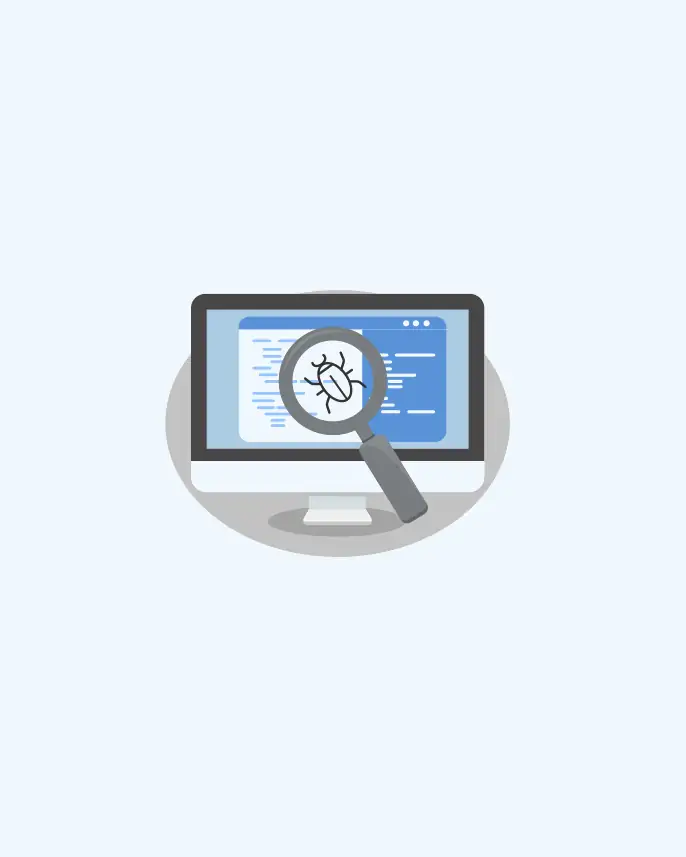Virus scanners, also known as antivirus software, are programs designed to detect and neutralize malware, including viruses, worms, trojans, ransomware, and spyware, among others. These tools are an essential line of defense in maintaining the integrity and security of computer systems.
Virus scanners operate using one or more detection methods: signature-based detection, heuristic analysis, or behavior-based detection.
Signature-based Detection
This is the most common form of virus detection. Every piece of malware has a unique piece of code, known as a signature. Antivirus companies maintain extensive databases of these signatures. During a scan, the software checks files against this database. If it finds a match, it flags or quarantines the file as a threat.
However, signature-based detection has a significant limitation: it can only detect malware for which it has signatures. This means it might miss new or modified malware. To mitigate this, antivirus companies continuously update their databases and push these updates to users.
Heuristic Analysis
Heuristic analysis allows antivirus software to detect new or modified malware for which it doesn’t have a signature. It does this by looking for behaviors or code structures common to malware. For example, a program that attempts to modify system files might be flagged as potential malware.
While heuristic analysis increases the chances of detecting new threats, it also increases the likelihood of false positives, where harmless files are flagged as malware. Over time, antivirus software has become better at minimizing false positives, but they still occur.
Behavior-based Detection
Behavior-based detection, also known as behavior blocking, monitors the behavior of programs in real-time. If a program starts to behave suspiciously, like trying to access a large number of files in a short time, the antivirus software will flag it as potential malware and block its actions.
This method provides another layer of defense against new or modified malware. However, like heuristic analysis, it can also result in false positives.
Choosing the Right Virus Scanner
When choosing a virus scanner, you should consider factors such as its detection rates, the frequency of signature updates, its impact on system performance, and the quality of its user interface. Independent testing laboratories like AV-Comparatives, AV-TEST, and Virus Bulletin provide reliable information on these factors.
Free vs. paid antivirus software is another consideration. Free software can provide adequate protection for most users. However, paid versions often include additional features like firewalls, email scanning, and protection against ransomware, making them a more comprehensive security solution.
Maintaining Effective Protection
Even the best virus scanner can’t provide 100% protection against malware. New threats are continuously emerging, and there is always a delay before antivirus companies can update their signatures. Therefore, safe browsing habits are your first line of defense.
Avoid visiting suspicious websites, downloading files from untrusted sources, and clicking on links in unsolicited emails. Regularly update your software, as updates often include security patches for newly discovered vulnerabilities that malware could exploit.
Finally, even if a file passes a virus scan, be wary if it behaves unusually. For example, if it asks for administrative permissions without a clear need, it might be malware that your antivirus software has missed.
Other virus scanners aspects
Multi-layered Defense Strategy
While virus scanners provide essential protection, they should be a part of a multi-layered defense strategy, also known as “defense in depth.” This approach uses several levels of security controls and countermeasures to protect your system. Besides a virus scanner, this may include firewalls, intrusion detection systems, data encryption, strong password policies, and regular backups of important data.
The Importance of Regular Scanning and Updating
Running regular scans on your computer is crucial for maintaining system health. Full system scans can be scheduled during times of low activity, as they can consume significant system resources. Quick scans, which check the most vulnerable areas of your system, can be performed more frequently.
Updates to your antivirus software are equally important. New malware strains are developed daily, and antivirus providers release regular updates to their software to combat these threats. Keeping your antivirus software up-to-date ensures it has the latest virus definitions and can provide the best protection against malware.
Zero-Day Threats
Zero-day threats are new types of malware that exploit unknown vulnerabilities in software. They are called “zero-day” because developers have had no time to address the vulnerability before it’s exploited. Traditional virus scanners may not be effective against these threats because they rely on virus definitions, which wouldn’t include the new malware.
However, some modern virus scanners also include zero-day attack prevention measures, typically using behavior-based detection methods. These can identify and stop such threats based on their suspicious activities, even if their signatures are not in the virus database yet.
Privacy Considerations
While virus scanners are meant to protect your data, it’s essential to remember that they require broad access to your system to perform their functions. It’s crucial to choose software from a reputable provider to avoid potential privacy issues. Some unscrupulous providers have been known to sell user data or include potentially unwanted programs (PUPs) in their software.
Conclusion
Virus scanners are a critical component of any computer security strategy. By understanding how they work and how to use them effectively, you can significantly reduce the risk of falling victim to malware. However, remember that they are just one piece of the puzzle, and practicing safe browsing habits is equally important.
